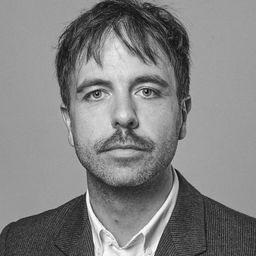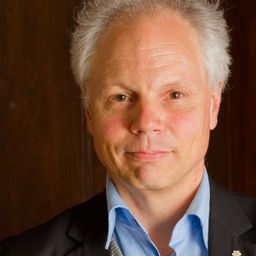
Marc-André Lapointe
Sessions auxquelles Marc-André Lapointe assiste
Vendredi 3 Juin, 2016
Qu’est-ce que le patrimoine change à Montréal? Qu’est-ce que Montréal change au patrimoine? Ce débat vise à mettre en discussion l'évolution et le devenir du patrimoine dans la métropole du Québec en interrogeant les motifs de l'attachement (ou de l'indifférence) de la société civile et des décideurs, mais aussi en questionnant les moyens dont ils disposent pour agir sur le patrimoine. Au-delà de la fameuse "pierre grise" et des matériaux expressifs de l'identité historique de Montré...
Samedi 4 Juin, 2016
What if we changed our views on heritage? And if heritage has already changed? While, on the global scene, states maintain their leading role in the mobilization of social and territorial histories, on the local scale, regions, neighbourhoods and parishes have changed. Citizens and communities too: they latch on to heritage to express an unprecedented range of belongings that no law seems to be able to take measures to contain, often to the discontent of...
Essentiellement construite sur des questions d’aménagement et d’environnement, urbain ou non, cette session est envisagée à la croisée de plusieurs thématiques: les «communautés imaginaires», les usages du patrimoine dans le tourisme, le rapport à l’expertise. Nous proposons de décrire et d’organiser un faisceau de situations et d’exemples, qui ressortissent à une même hypothèse sur le caractère social, la nature de bien collectif et le rôle de catalyseur des transformations joué par le pa...
Many people are actively using working class heritage as a resource to reflect on the past and the present, and there is a growing tendency for the heritage of working class people to be interpreted and presented to the public in museums and heritage sites—see for example the Worklab network of museums. Working class communities and organizations also play active roles in creating a memory of their own past, and mobilizing this to sustain political action in the present. Drawing on scho...
In recent decades, the growth of the World Heritage industry has necessitated the reconsideration of scale. Formerly dominated by nation-states, some influential international organizations such as UNESCO and its advisory bodies (ICOMOS and IUCN) are now taking a strong role in decision-making through policy-making and implementation. Despite the power of the transnational organization and its relation with states parties, there is a growth of regionalism and “localism” in the heritage indust...
Dimanche 5 Juin, 2016
We would like to propose a session, building on the one we ran at the 2014 CHS conference in Canberra, on how emotion and affect feature in the fields of heritage and museums studies, memory studies, public history, heritage tourism, studies of the built and urban environment, conservation, archives and any field of study that deals with the emotional impact and use of the past in the present. There is an increasing interest in how emotion is a form of judgement on things that affect ou...


